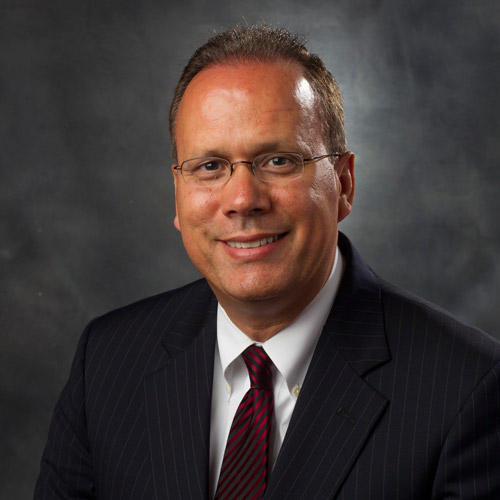Under normal circumstances, the operations of an airport the size of the Dallas-Fort Worth International Airport (DFW), one of the world’s busiest air travel hubs, are mind-numbingly complex. As jumbo jets, thousands of travelers, and workers move about, the functioning of concourses, plumbing, electrical, and HVAC systems are critical to airline operations.
Next, add the confounding dimension of renovating that airport while it continues to operate. Those are the circumstances under which Byrne Construction Services, a major participant in DFW’s multiyear renovation agenda, works.
In planning since 2011 and due for completion in 2017, it encompasses four terminals, a “stinger” extension, a rapid transit station, a heavy rail line station, and a “smart” parking garage. The project is called TRIP—the Terminal Renewal and Improvement Program—and is, out of necessity, handled by two joint venture partnerships comprised of eight construction firms.
TRIP is budgeted at $2.69 billion, only a portion of which is under the aegis of Byrne. But it’s the latest in a series of major airport jobs that the firm has handled over the past two decades.
“My dad understood big projects,” says Matthew Avila, chief executive officer of Byrne. The senior Avila had a career in construction management before buying the company in 1995, after founder Thomas S. Byrne passed away. John Avila wanted to take it from boutique status to that of a regional player.
“What we have is a team of smart people who know how to do what it takes.”
Within five years of John Avila’s purchase of Byrne, annual sales rose from $20 million to $300 million, much of it due to contracts with DFW that preceded TRIP. Those included renovating and building toll plazas, maintenance facilities, a rental car facility, and upgrading American Airline’s Admirals Club. Byrne nabbed a four-year contract as construction manager for DFW, translating to the completion of $500 million in projects.
But the elder Avila didn’t just focus on aviation contracts. His early strategy included both volume and diversity as a hedge against economic downturns. Projects ranged from municipal (courthouses, fire stations, libraries) to corporate (Pier 1 headquarters, Nissan Motor) and institutional (universities, theaters, cultural centers) and more. By the year 2000 the firm ranked in the top 500 general contractors nationwide and top 50 in Texas.
John Avila made a smart buy with Byrne, which had accrued a legacy of work and a solid reputation in the Fort Worth-Dallas region. That said, the volume and scale of the company wasn’t built on legacy alone. Matt Avila says staying on top of the latest methods and means of construction is essential.
At DFW, the firm and its 100-plus employees working on-site have to make sure important wires aren’t snipped, that materials are delivered to the right places, and that a schedule is maintained. The capabilities of virtual design and construction (VDC) enable 3-D modeling, which is updated in real time to provide updates on what has been done or is in progress. Mechanical, electrical, and plumbing design (MEP) systems play an equally vital role.
Human engagement isn’t without its glitches, of course. “Even the best pre-construction surveys will overlook some items,” Avila says. “But what we have is a team of smart people who know how to do what it takes.”
That team is a workforce that reflects the diverse population of Texas, which comes naturally to the largest Hispanic-owned construction firm in the state. Bilingual employees have a distinct advantage here. Avila says the cultural alliance with tradesmen and others is perhaps the firm’s biggest advantage.
Sustainable structures and construction practices are increasingly a part of Byrne’s business. “To compete for those projects, we had to have the capabilities to service them,” Avila says. About a quarter of Byrne employees are LEED certified (Leadership in Energy & Environmental Design) by the US Green Building Council.
Avila credits his father for building the business on gut instinct, which helps it weather the boom-bust cycles that often affect construction firms in the Lone Star State. Byrne is guided by economic forecasts and makes sure to contract with a mix of industries, by sector and by geographical areas of the state, to fortify the business through the future, come what may.
The success of Byrne Construction may have taken flight with an airport, but in a complex and diverse world, Avila’s firm stays grounded with best-in-class technologies, a dedicated employee base, and a strategic plan for managing through economic uncertainty.

